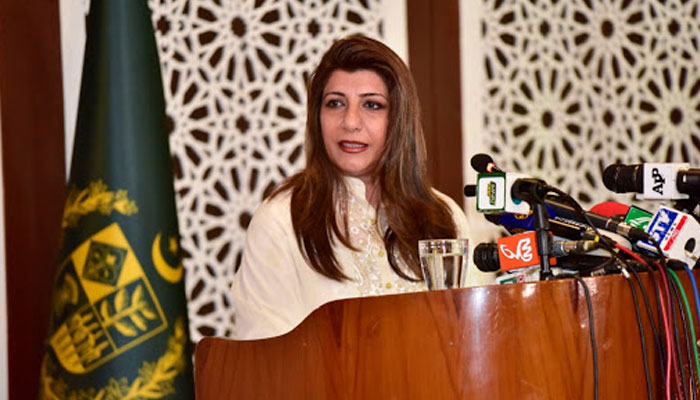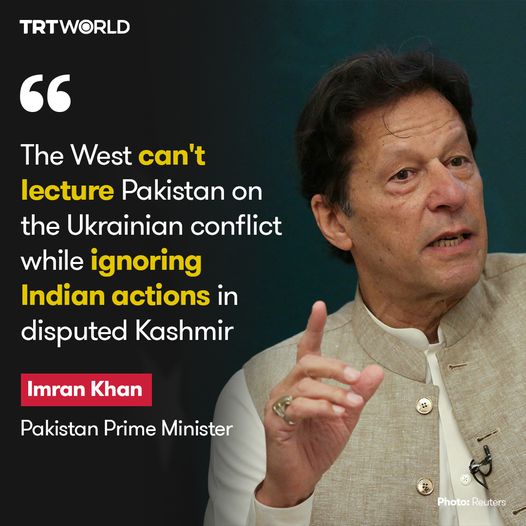Breaking News
Repatriation Of Covid-19-positive Expats: FO Takes Up Issue With UAE
Pakistan has raised concerns with the United Arab Emirates (UAE) that workers are returning home from the Gulf nation with alarmingly high prevalence rates of COVID-19 and highlighted that crowded living conditions in the UAE may be helping the contagion to spread, the Foreign Ministry said.

Foreign Office Spokeswoman Aisha Farooqi said;
“It has been taken up officially with UAE authorities,” “Both govts are working together to find (an) optimal solution to this shared concern.” The UAE’s foreign ministry did not immediately comment when contacted.
Earlier, it was reported that on one repatriation flight from Abu Dhabi late in April, 105 of the 209 passengers on board tested positive. The Foreign Affairs Ministry did not immediately respond to a request to confirm the figure. The UAE is home to around 1.5 million Pakistanis, many of whom are low-wage workers who live in crowded housing and are now out of work but stranded due to limited repatriation flights. Around 60,000 Pakistanis have registered to return home from the UAE, according to Pakistan’s consulate general in Dubai.
The UAE earlier warned it could review labour ties with countries refusing to take back stranded nationals, those who had lost jobs or put on leave due to the coronavirus pandemic and want to return home. Pakistan is facing the challenge of quarantining thousands of overseas workers wanting to return home while it deals with its own fast-growing number of cases, as infections reached more than 21,000 with over 500 deaths. The gulf states have ramped up testing after recording a growing number of cases among low-income migrant workers in overcrowded housing.
Abu Dhabi’s government media office tweeted on Monday that 335,000 people living and working in the industrial Musaffah area, where many low-income migrants live and work, would be tested for COVID-19 over the next two weeks. The UAE has reported 15,192 infections and 146 deaths.
Low-wage overseas workers are normally a vital source of labour in areas such as construction and transport for many of the Gulf nations and contribute billions of dollars in remittances to their home countries such as Pakistan, India and Bangladesh. But many labour rights activists say they are vulnerable to exploitative labour practices and poor working and living conditions An overseas worker living in Dubai who asked not be named said that he was living with three others in one small room with bunk beds and and in some rooms there were as many as six workers in a room. “It’s risky when you live together,” he said. “It’s not good for us right now, the situation with COVID-19.” Singapore has among the highest coronavirus case loads in Asia, mainly because of mass outbreaks in migrant-worker dormitories.





